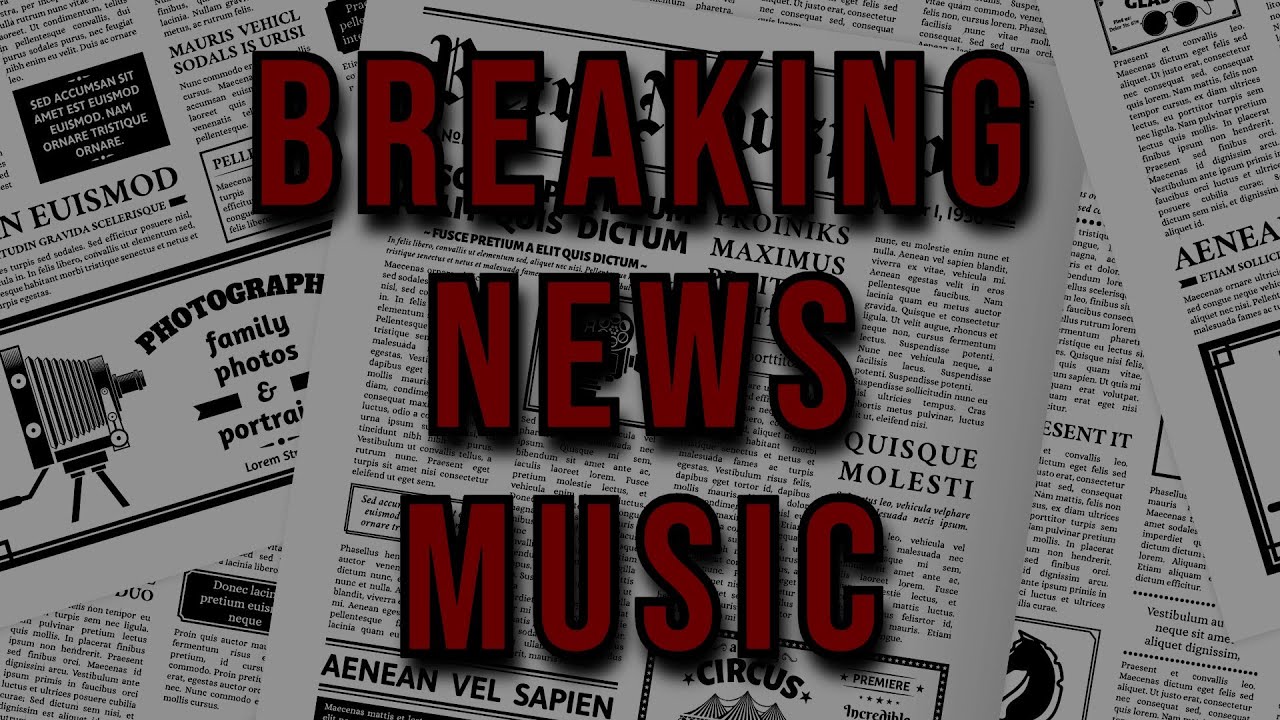Industry Buzz Music News Covering Awards Albums and Artist Stories


El Valle Grita – Industry buzz music news covering awards albums and artist stories continues to inspire fans and professionals across the globe. Music remains one of the most powerful cultural forces that connects generations. However, trends shift quickly as technology and creativity evolve together. Furthermore, the industry relies on awards, releases, and personal narratives to keep audiences engaged. As a result, stories around music never stop shaping culture worldwide.
“Read More: Radiation Safety and the Modern Virtual Work Culture”
Global music awards spotlight excellence creativity and artistic achievement while shaping careers and cultural recognition
Awards provide artists with recognition that often transforms careers overnight. For example, the Grammys, BRIT Awards, and Billboard ceremonies highlight talent across multiple genres. Furthermore, global audiences celebrate nominees and winners as cultural icons. Consequently, awards influence record sales, streaming numbers, and future collaborations significantly. On the other hand, controversies sometimes arise around selection processes. Therefore, awards remain both celebrated and debated within the music industry.
Album releases continue to drive excitement cultural discussion and streaming growth in both mainstream and independent markets
Albums remain milestones for artists and fans alike. For example, major artists build anticipation with teaser singles and social media campaigns. Furthermore, independent musicians rely on digital platforms to release projects directly. Consequently, albums generate conversations that extend beyond music into fashion and lifestyle. On the other hand, streaming has shifted focus toward singles. Therefore, album releases now balance artistic vision with commercial strategies effectively.
Artist collaborations create unique experiences fresh sounds and cross cultural moments that expand audiences worldwide
Collaboration represents one of the most exciting aspects of modern music. For example, pop stars team up with rappers to create chart-topping hits. Furthermore, cross-cultural collaborations introduce listeners to new styles and languages. Consequently, partnerships often expand global reach dramatically. On the other hand, not every collaboration succeeds commercially. Therefore, artists must consider both creativity and market dynamics when joining forces.
Streaming platforms dominate music consumption distribution and discovery while reshaping industry economics permanently
Streaming continues to transform how people consume music. For example, platforms like Spotify, Apple Music, and YouTube dominate global listening habits. Furthermore, algorithm-driven recommendations introduce fans to new genres instantly. Consequently, artists depend on streaming data for exposure and income. On the other hand, revenue models often spark debate regarding fairness. Therefore, streaming remains both an opportunity and a challenge for today’s music economy.
Live concerts festivals and tours bring communities together while supporting artists financially and emotionally worldwide
Live music provides experiences that no recording can replace. For example, festivals like Coachella or Glastonbury unite fans from different countries. Furthermore, touring remains the largest source of income for many artists. Consequently, concerts allow emotional connection through shared moments. On the other hand, logistical and environmental challenges affect large-scale events. Therefore, the live music sector continues to adapt while keeping fans engaged.
Social media platforms amplify artist branding fan engagement and viral success through direct and interactive communication
Social media acts as a powerful tool for artists. For example, TikTok trends can turn unknown tracks into global hits overnight. Furthermore, Instagram and Twitter allow direct conversations with fans. Consequently, artists manage branding and promotion without relying entirely on traditional media. On the other hand, the pressure to remain constantly visible can cause stress. Therefore, social media offers opportunity alongside challenges for artists worldwide.
Music documentaries provide storytelling behind the scenes that humanize artists and preserve cultural history effectively
Documentaries about music attract global audiences. For example, films on legendary bands highlight struggles, triumphs, and creative processes. Furthermore, streaming services release exclusive documentaries that gain millions of views. Consequently, fans develop deeper connections with artists beyond the music itself. On the other hand, some documentaries reveal controversies that reshape public opinion. Therefore, storytelling through film strengthens music’s cultural significance consistently.
Emerging technologies reshape music production distribution and fan experience through artificial intelligence and immersive tools
Technology continually changes how music is made and consumed. For example, AI assists in songwriting, mixing, and mastering processes. Furthermore, VR concerts offer immersive experiences for fans unable to attend physically. Consequently, technology opens possibilities that did not exist previously. On the other hand, debates arise over authenticity when machines assist creativity. Therefore, technology challenges the definition of artistry while expanding opportunity.
Industry challenges include fair compensation copyright protection and mental health awareness for artists and professionals globally
The music industry faces significant challenges alongside opportunities. For example, fair compensation for streaming remains a heated debate. Furthermore, copyright protection requires stronger enforcement in the digital era. Mental health also represents a pressing issue for performers under constant pressure. Consequently, industry stakeholders advocate for reforms and wellness initiatives. On the other hand, systemic changes progress slowly. Therefore, balancing growth with fairness remains a core challenge.
Future music trends focus on inclusivity diversity and global collaboration while shaping cultural expression for the next decade
The future of music highlights diversity and inclusivity as central themes. For example, regional sounds from Africa, Asia, and Latin America gain international recognition. Furthermore, younger audiences demand authentic representation from artists. Consequently, the industry embraces global collaboration more openly. On the other hand, competition for attention remains fierce in digital markets. Therefore, music continues to evolve as both an art form and a global business.